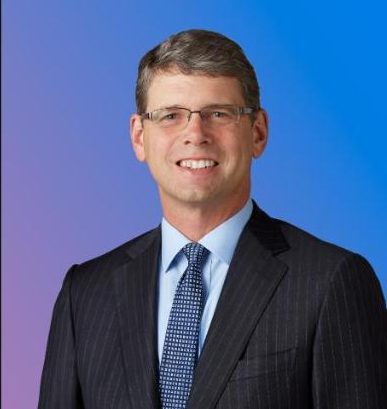Predicting 2021—Berkeley Varitronics’ CEO Scott Schober Looks at Cybersecurity Trends
By Scott Schober, CEO of Berkeley Varitronics
1. Recent revelations on the major hacking of SolarWinds [Austin-based IT management company] have revealed that the MFA (multi-factor authentication) had been bypassed by cyber criminals who went on to gain access through compromised end points and servers. This now has all security professionals rethinking MFA security. It will initiate a wave of new cybersecurity offerings to protect and enhance passwords and MFA, and provide additional levels of security centered around authentication in the year to come.
2. With the recent infection rates of COVID-19 skyrocketing, the pandemic shows no signs of slowing down in 2021. This will translate into increased attacks directed at the remote work force. Having a remote office with a computer connected to the company’s network opens the door to an array of vulnerabilities that hackers will continue to exploit. In addition to their daily workloads, remote workers will have to be diligent about regularly updating their home computers and devices with the latest operating systems, security patches and antivirus software.
3. The internet of things (IoT) is entering our smart homes, smart cars and our lives at a rapid pace. In 2021, this will bring a significant increase in IoT hacks, and we will see more IoT devices in remote workers’ homes being used as conduits for breaching computer security and, ultimately, company networks.
4. Wi-Fi 6 and 5G do provide significant enhancements, such as super-fast download speeds with low latency, but as this widespread buildout and adoption take place globally throughout 2021, a new wave of smartphone vulnerabilities will be exploited. As fast as consumers race to buy the latest smartphone, cyber criminals will be there, waiting with new zero-day threats that steal personal data from our personal electronic devices.
5. Our digital footprints might continue to grow, but the value of our personal data will continue to plummet due to oversupply. Big data companies looking for new ways to extract value from users will lead to security breaches, followed by protests, boycotts and government regulations, which will reach a boiling point in 2021. This will likely lead to an increase in companies offering privacy as a feature, rather than as a right or expectation, in 2021.
Scott N. Schober is the president and CEO of Berkeley Varitronics Systems (BVS), a 48-year-old privately-held Metuchen-based company that’s a leading provider of advanced, world-class wireless test and security solutions. Schober is a highly sought-after author and expert for live security events, media appearances and commentary on the topics of ransomware, wireless threats, drone surveillance/hacking and cybersecurity for consumers and small businesses. He is often seen on ABC News, Bloomberg TV, Al Jazeera America, CBS This Morning, CNN, Fox Business and many more outlets. Schober is also the chief security officer and chief media commentator for Cybersecurity Ventures (Northport, N.Y.) and an advisory board member at Cyberlitica (New York). He is the author of “Hacked Again,” “Cybersecurity Is Everybody’s Business” and “Senior Cyber.”




